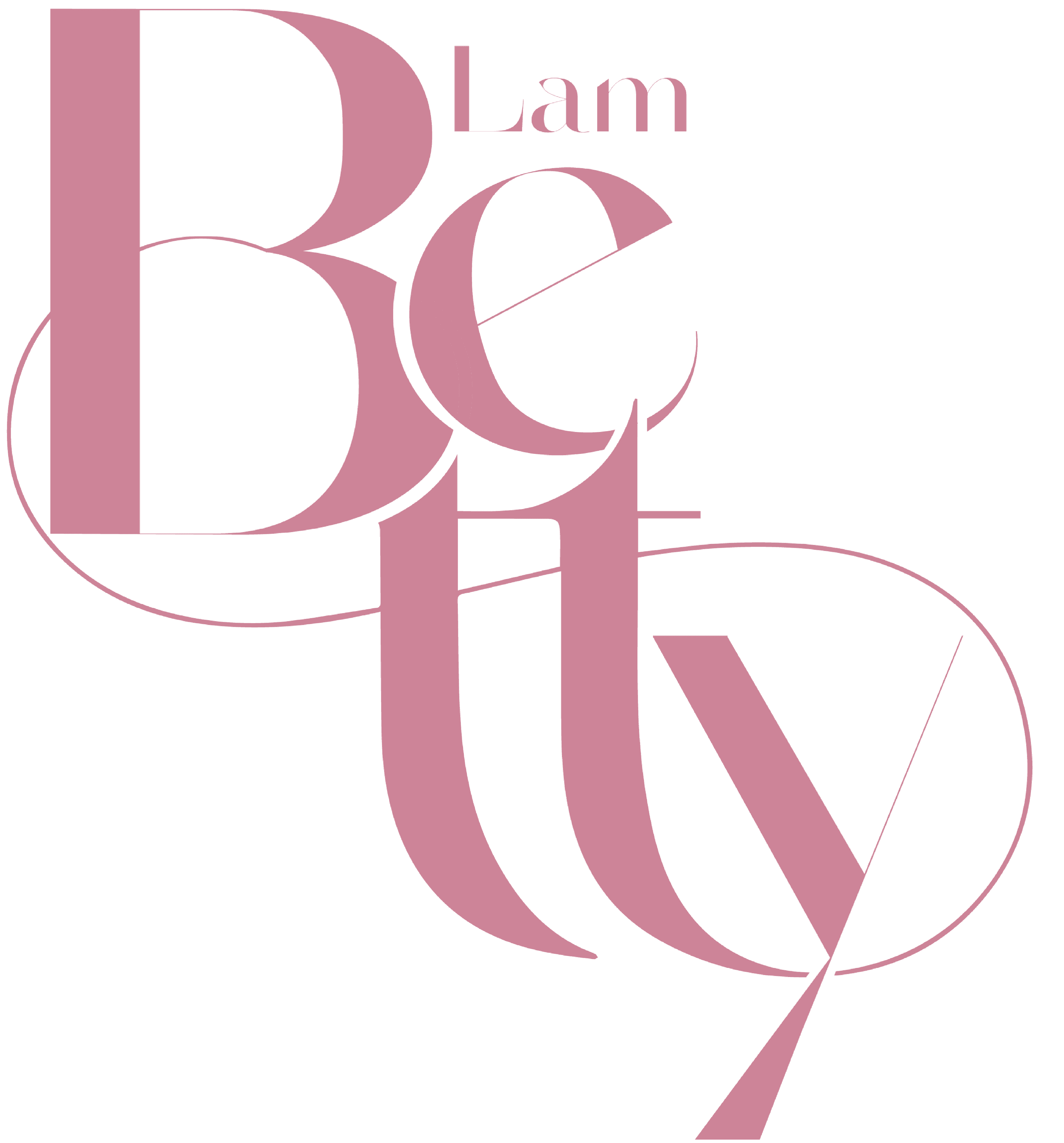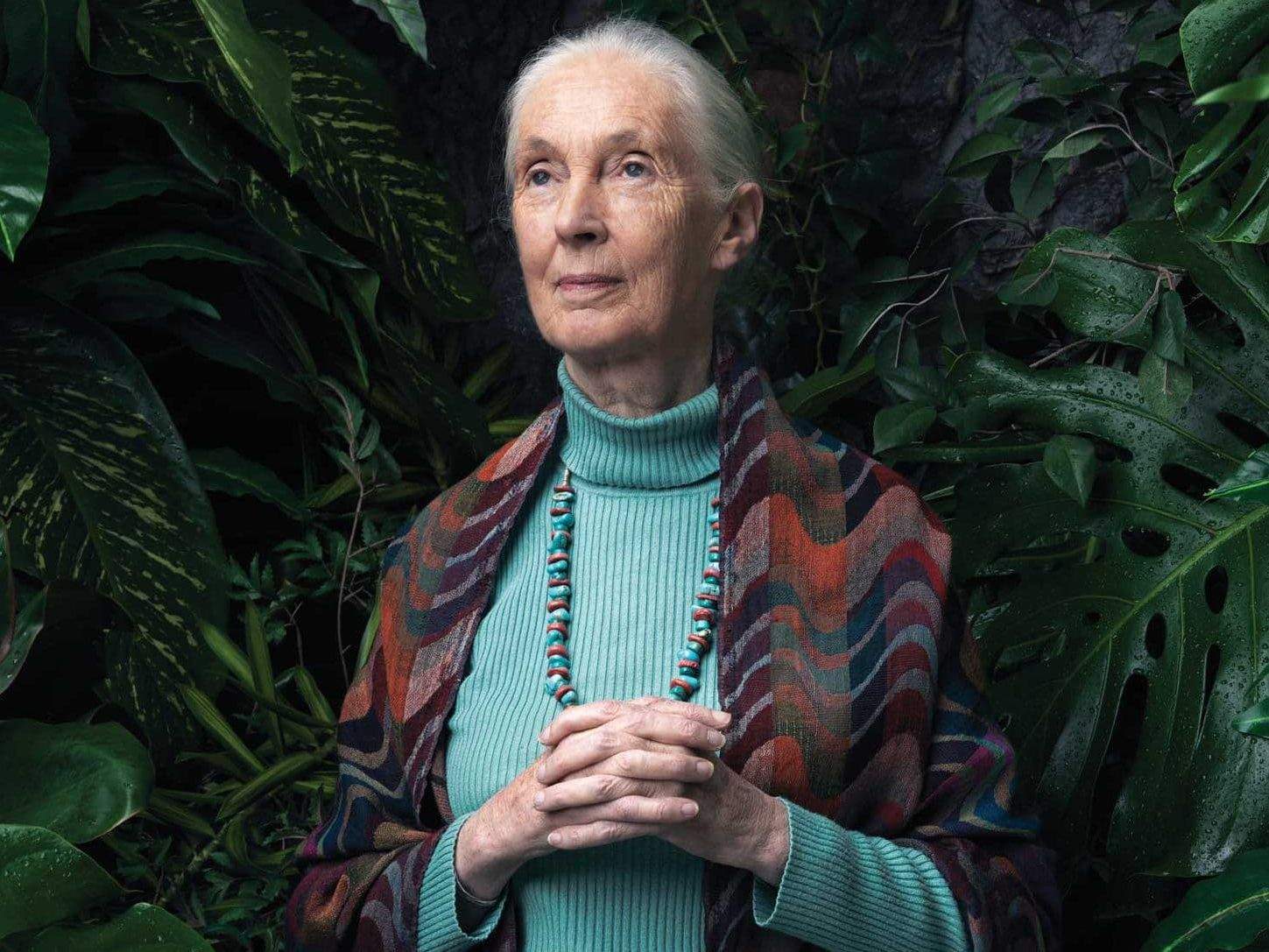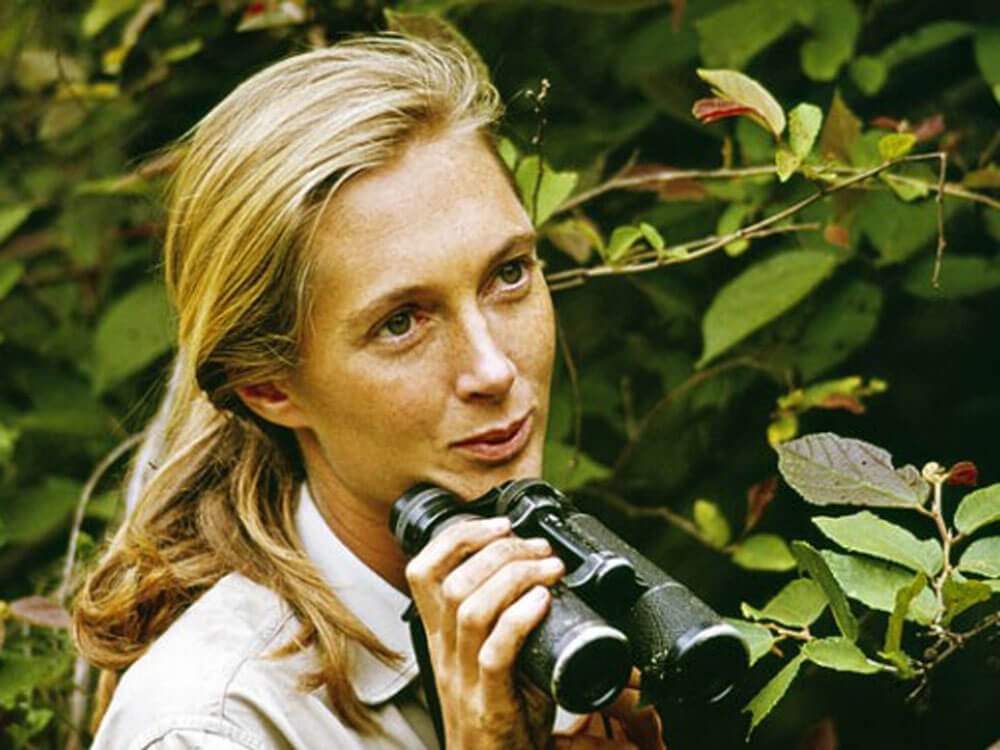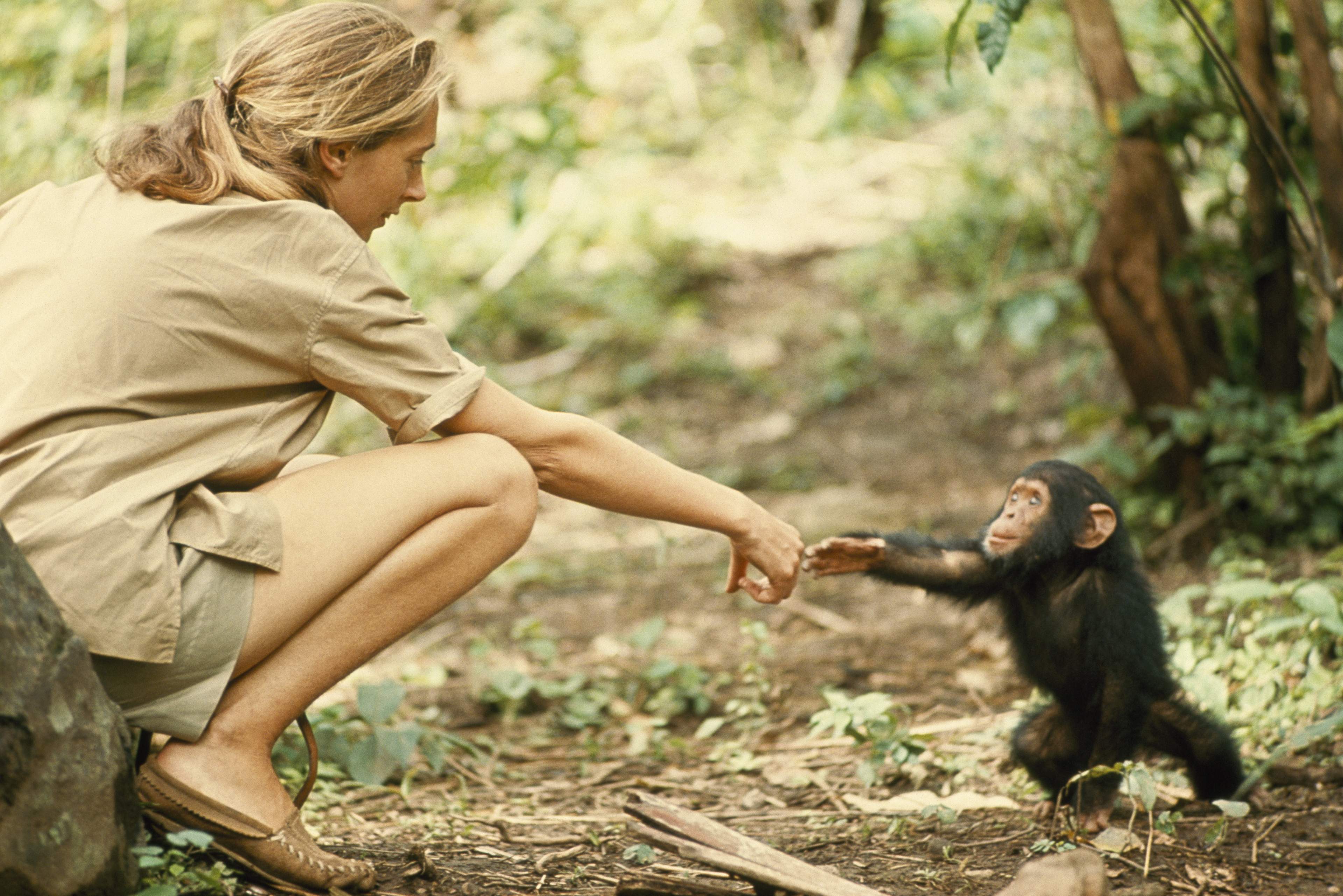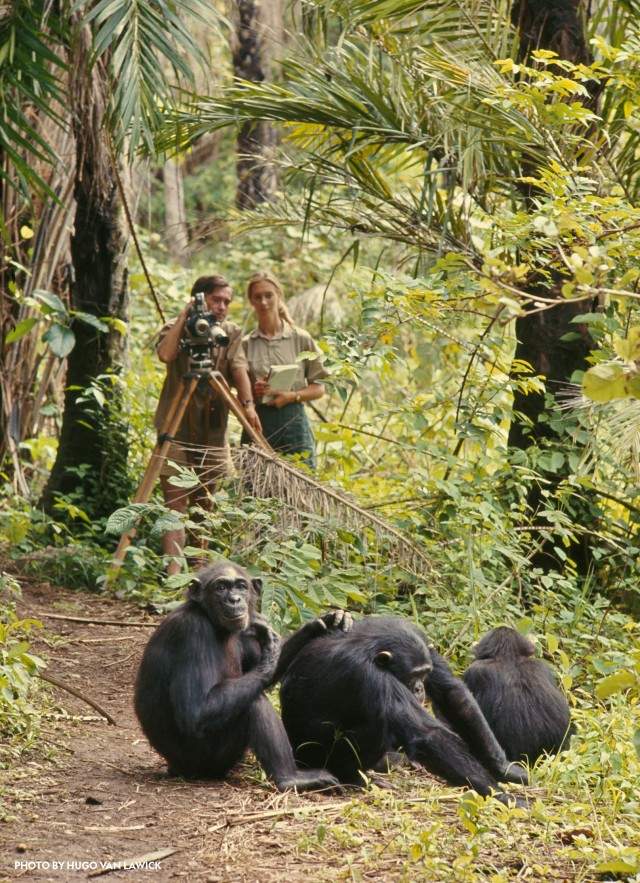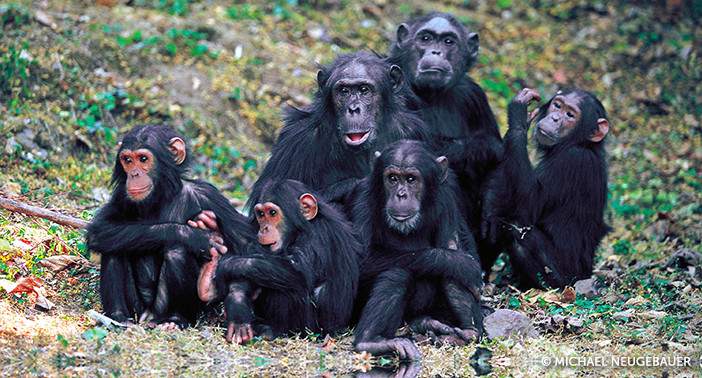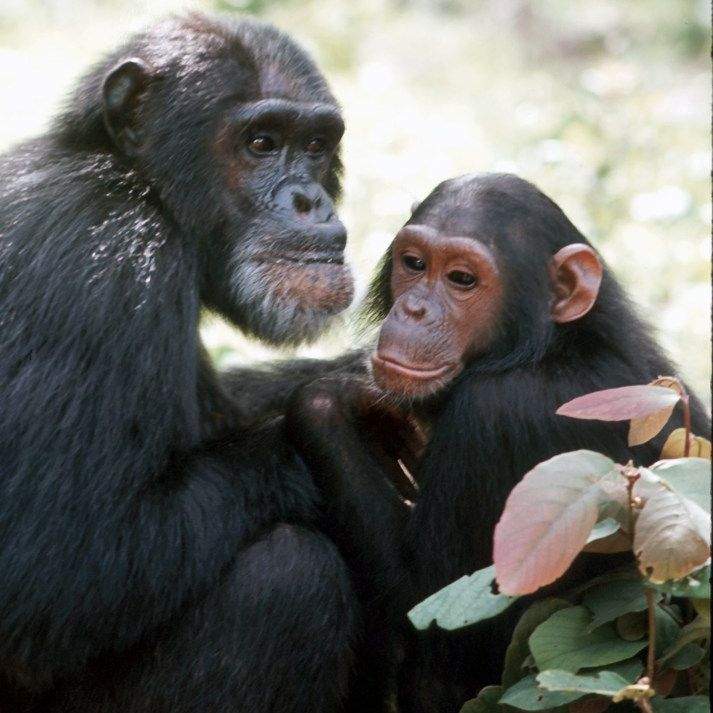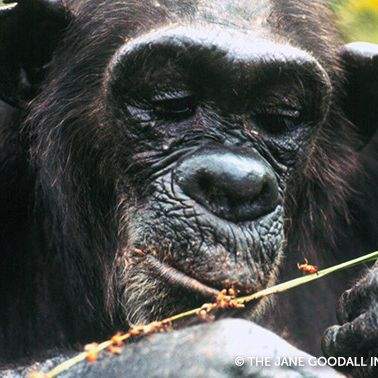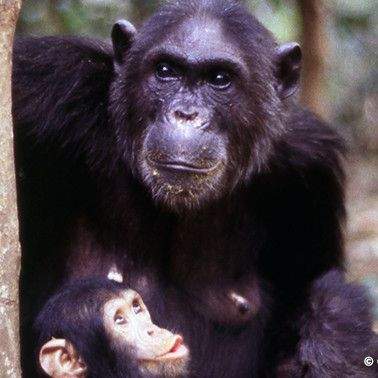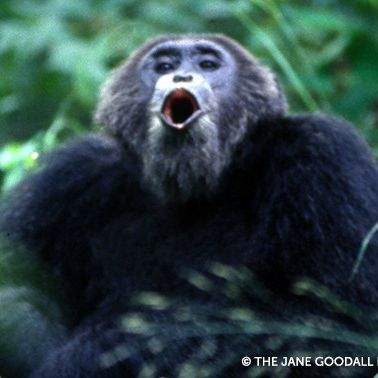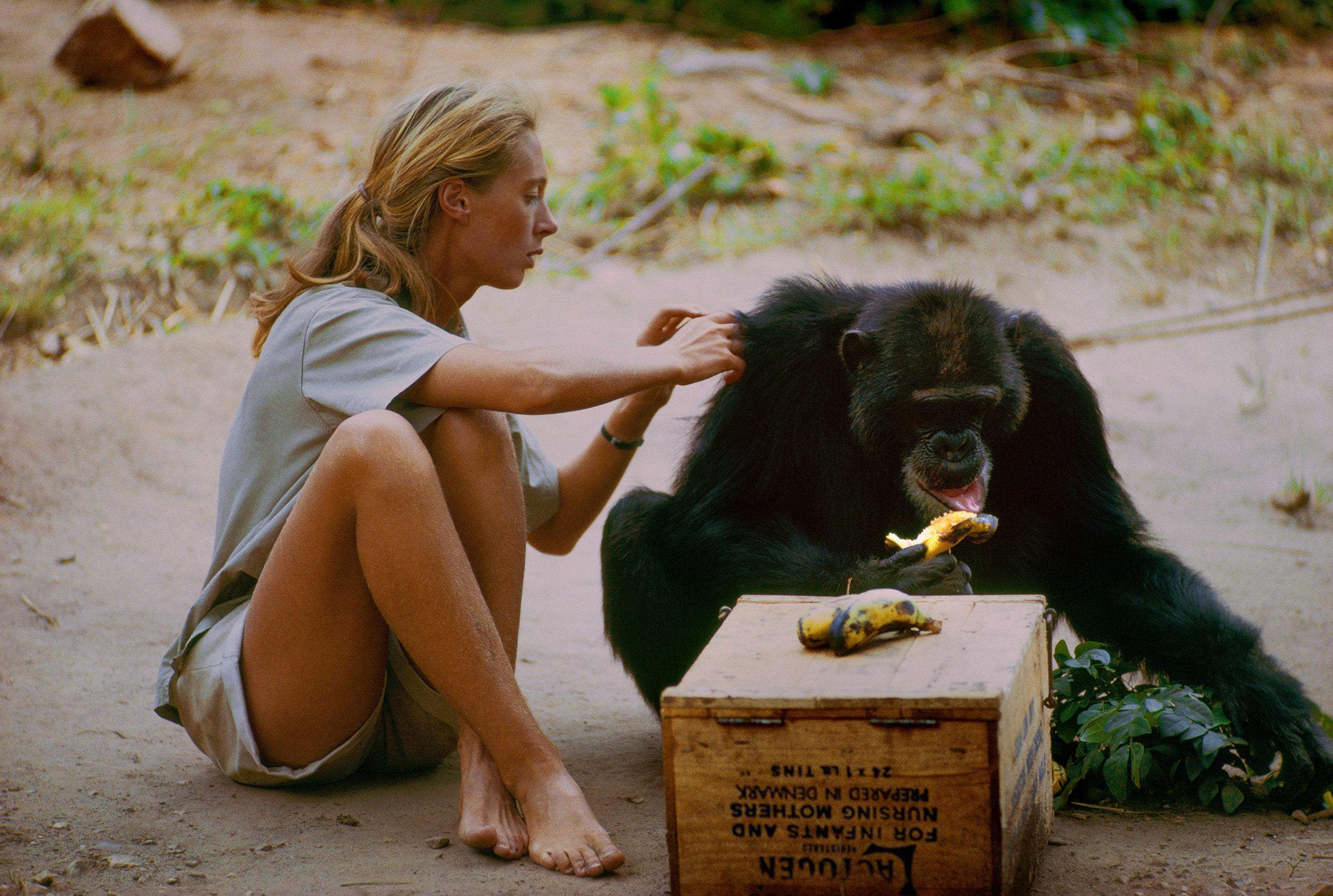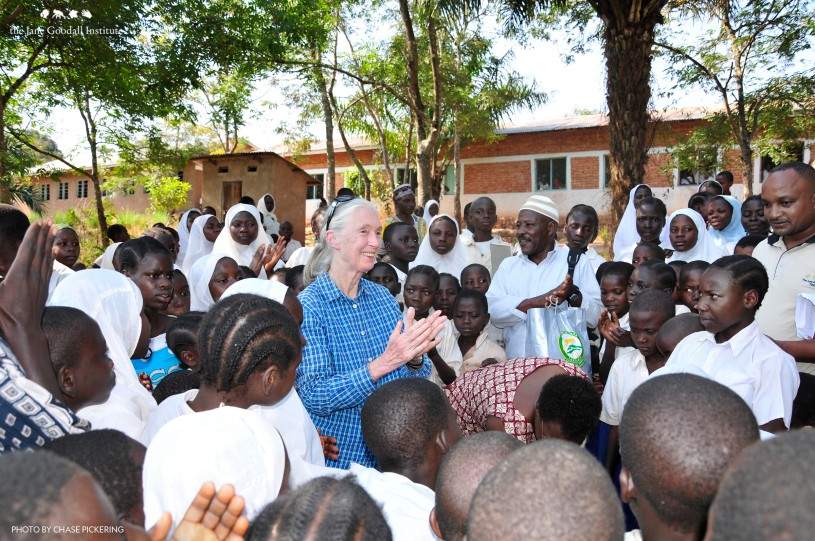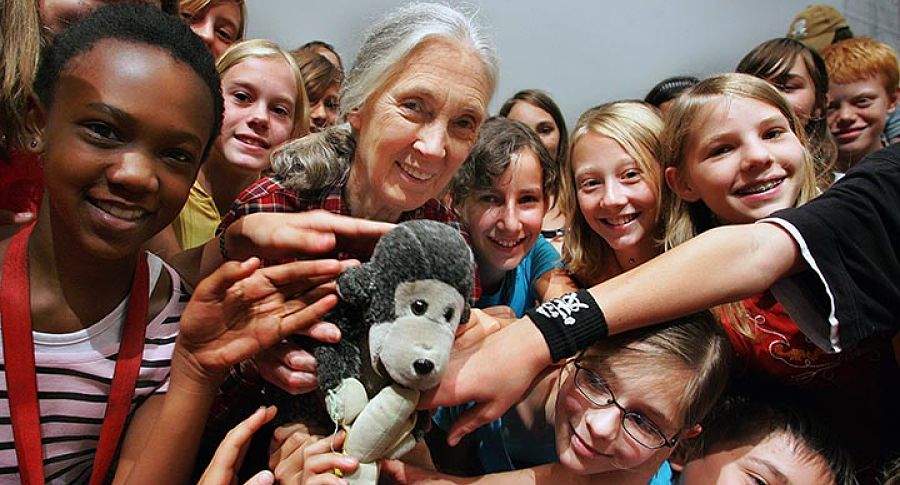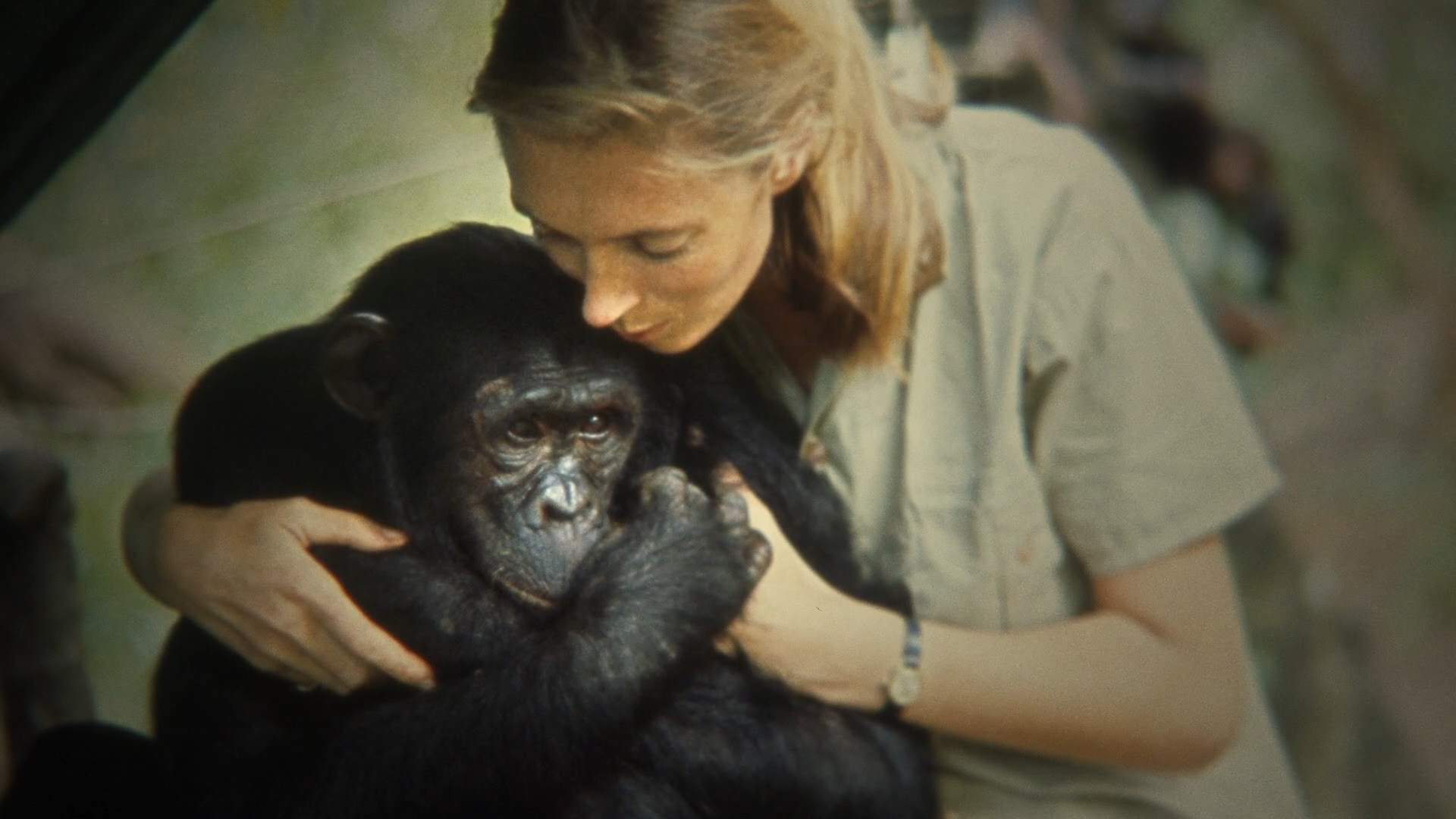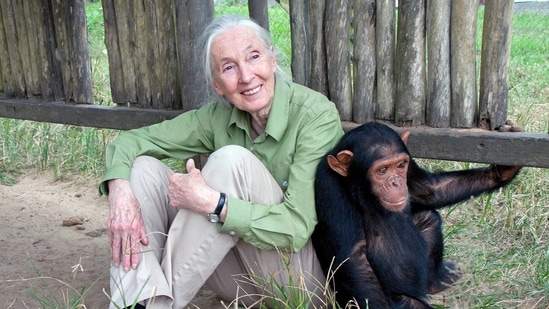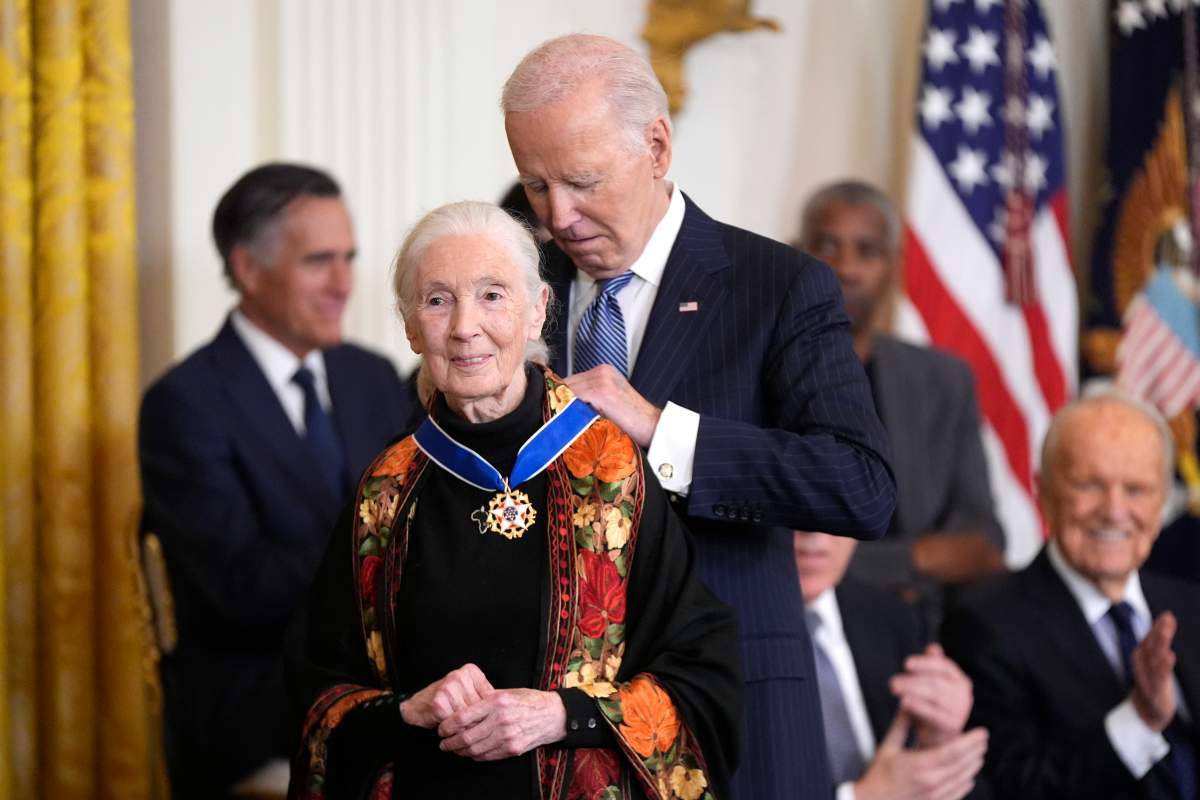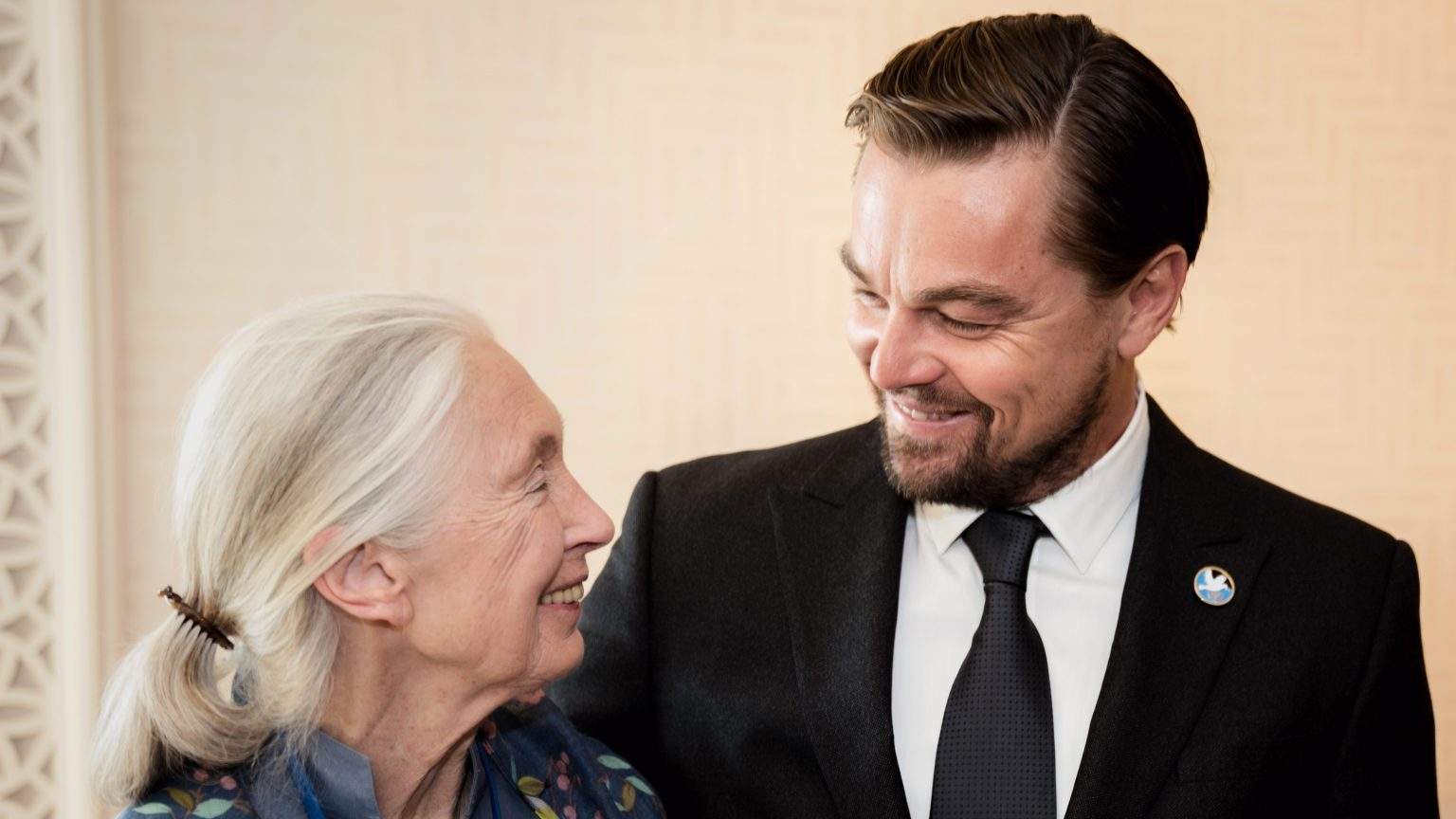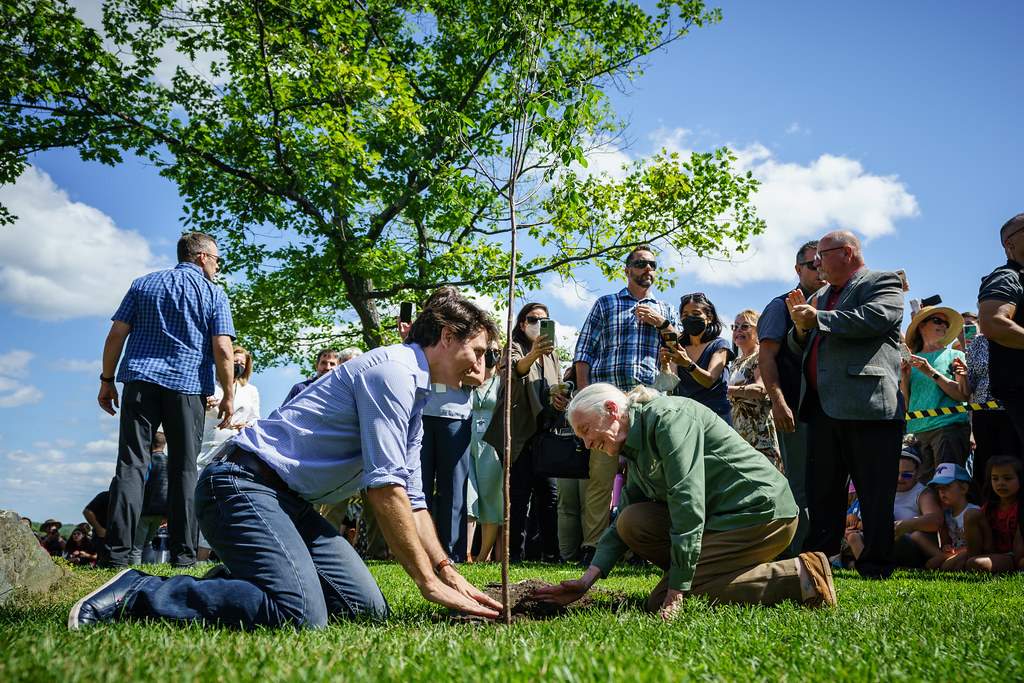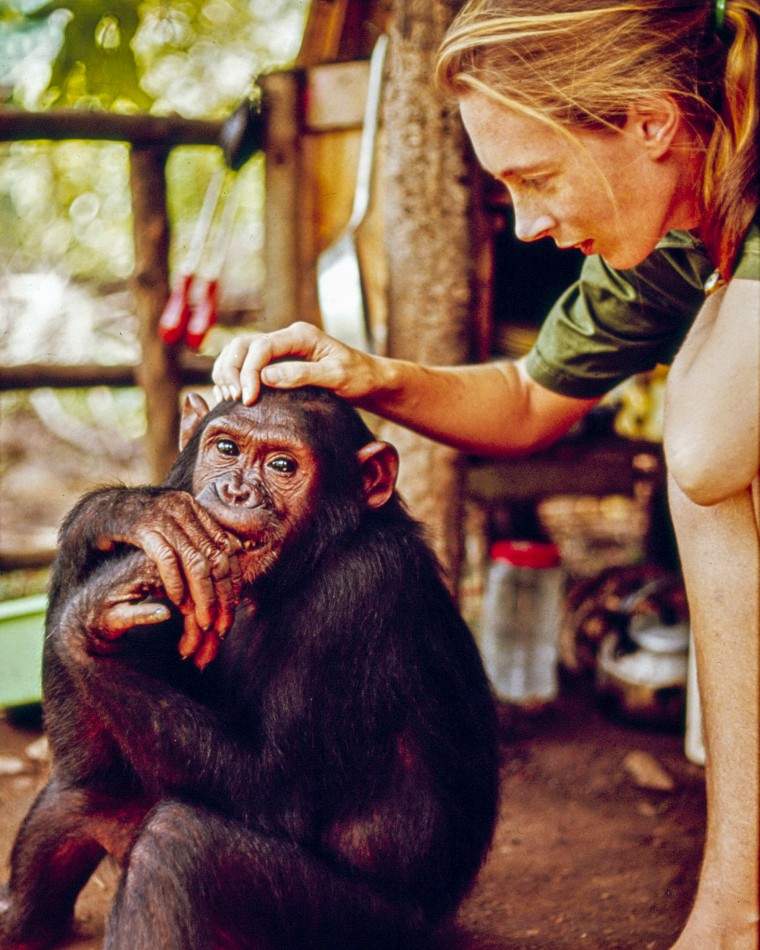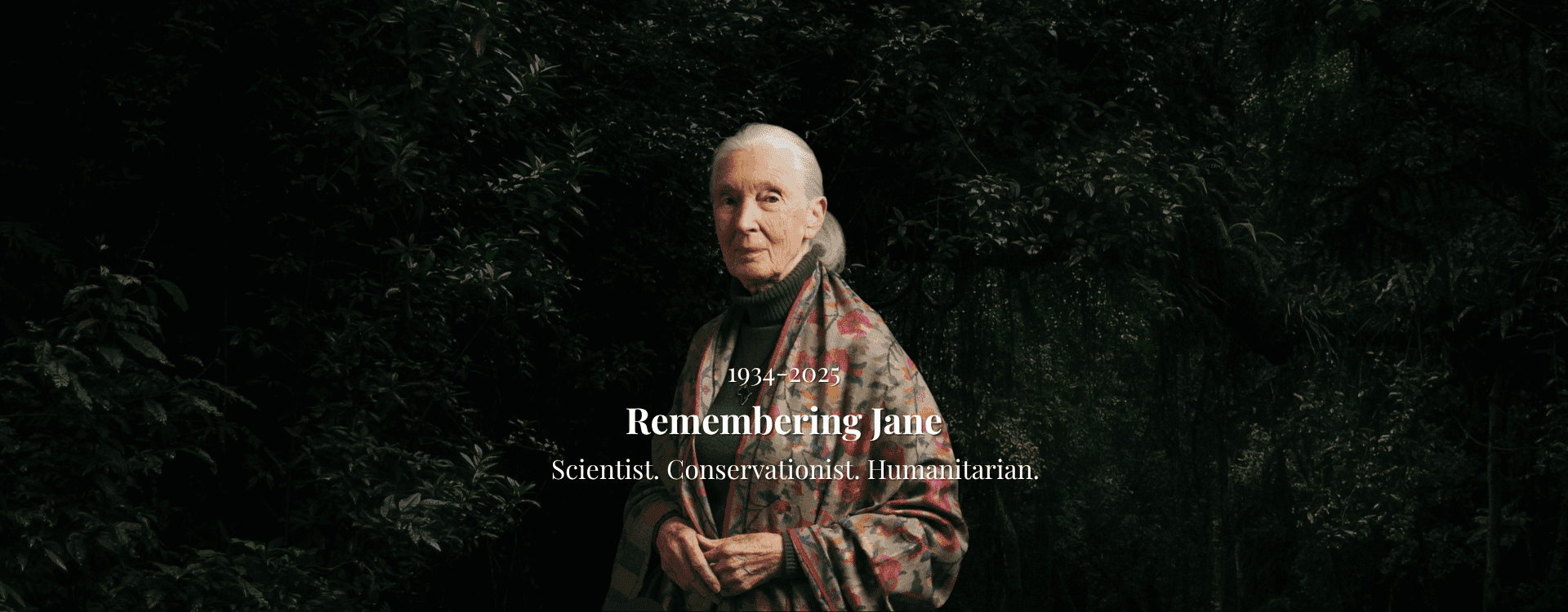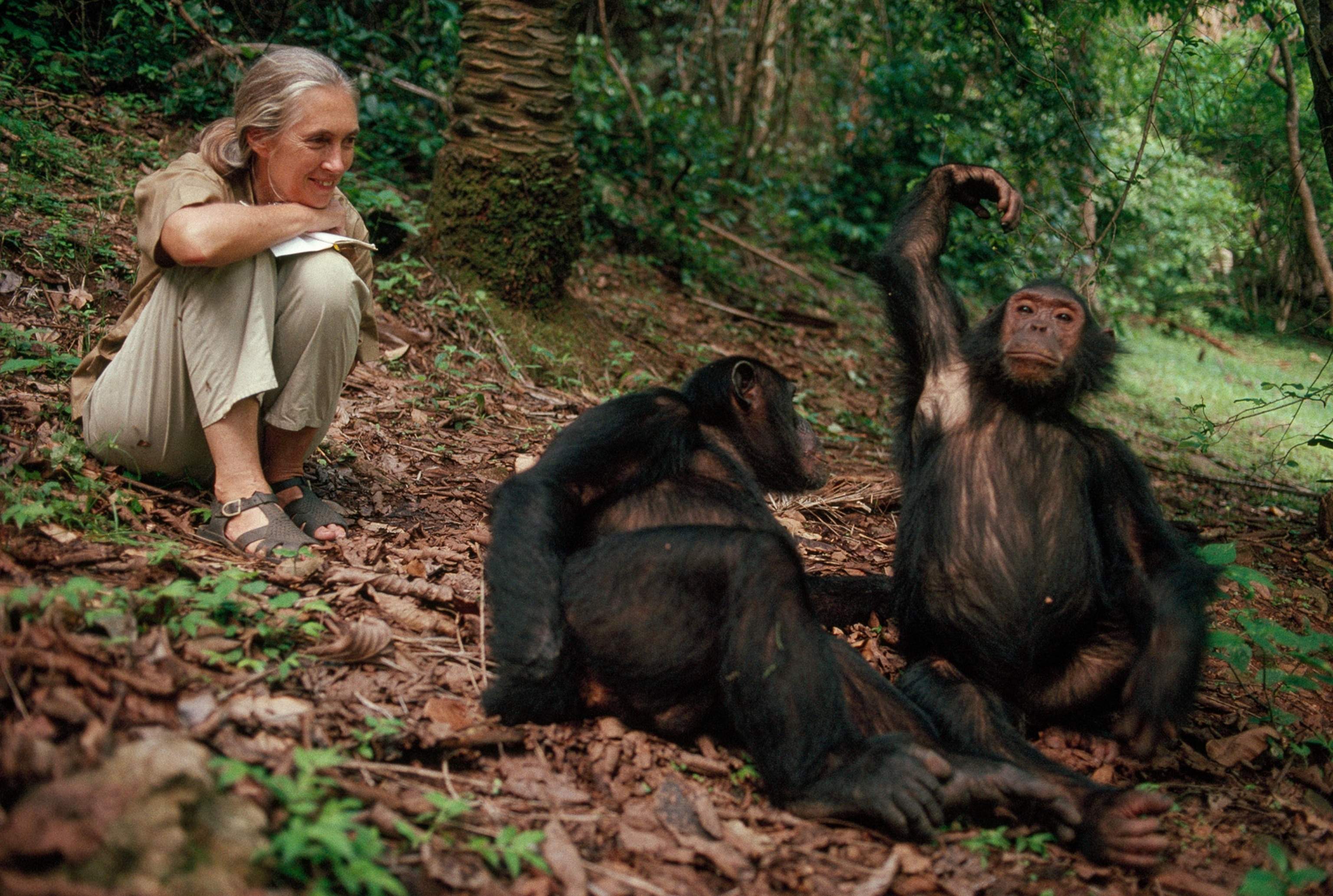Remembering Jane Goodall: On Hope, Chimpanzees, and a Life That Changed the World
The world has lost a true icon, a woman who spoke for those who could not speak for themselves.
Jane Goodall, the legendary primatologist, activist and conservationist, and UN Messenger of Peace passed away yesterday, on October 1, 2025, at the age of 91.
I remember the exact moment her work first came into my life. I was sitting in an Animal Linguistics class at Laurier University, completely captivated.
Here was this incredible woman who, with no formal scientific training, ventured into the wilds of Tanzania and completely revolutionized our understanding of the animal kingdom. She showed us that chimpanzees, our closest living relatives, have complex social lives, feel emotions, and even use tools. It was a revelation that blurred the lines between "us" and "them," sparking in me a deeper appreciation for the intricate tapestry of life on this planet.
Jane wasn't just a scientist; she was a storyteller.
Through her captivating articles in National Geographic and inspiring documentaries, she brought the world of Gombe into our living rooms and, in doing so, into our hearts.
Who could forget David Greybeard, the calm, silver-chinned chimpanzee who was the very first to trust her? It was with him that she made one of her most famous discoveries: watching him use a grass stalk as a tool to fish for termites. Or the formidable matriarch Flo, a strong and affectionate mother whose family became a dynasty. We followed the lives of her daughter Fifi and her ferocious son Frodo with the same fascination as a beloved television series, learning about their dramas, their loyalties, and their losses.
But Jane’s work didn’t stop at observation.
Witnessing the threats of deforestation and poaching, she became a tireless advocate, a warrior for the planet. In 1977, she founded the Jane Goodall Institute to protect chimpanzees and their habitats. Then, in 1991, she started Roots & Shoots, a youth program that has since empowered millions of young people in over 100 countries to become compassionate leaders. She believed in the power of youth to change the world, and she ignited a flame of hope in a generation of new conservationists.
Her life was a masterclass in living with purpose. She taught us that one person truly can make a difference and that curiosity and compassion are our greatest strengths. She famously said, "What you do makes a difference, and you have to decide what kind of difference you want to make." Jane chose to make the world a better, more compassionate, more hopeful place.
What the World Can Learn from Jane
Her legacy isn't just in her scientific papers or the organizations she built; it's in the quiet wisdom she offered us. When we reflect on her incredible journey, we find gentle lessons for our own lives.
She taught us the power of presence. In a world that rushes, Jane showed us the profound beauty of being still. Her greatest discoveries came not from imposing her will, but from patient, quiet observation—from simply watching and listening until the world was ready to reveal its secrets. It’s a beautiful reminder to find stillness in our own lives.
She taught us that empathy has no boundaries. Perhaps her greatest gift was her ability to see the individual. By giving the chimpanzees names, she taught us to look past labels and see the being with a story, with feelings, and with a family. She calls us to extend that same empathy to all beings, human and animal alike.
She taught us that hope is an action. Jane saw the world’s deepest wounds, yet she never gave in to despair. For her, hope wasn't a passive feeling; it was a choice, a discipline. It was the act of planting a tree, mentoring a child, or sharing a story. She proved that hope is a muscle we must choose to exercise every single day.
The news of her passing has sent ripples of sadness across the globe, as tributes pour in from all corners.
Former President Joe Biden, who awarded her the Presidential Medal of Freedom, remembered her as a woman who “mobilized a global movement to protect the planet.” Here in Canada, former Prime Minister Justin Trudeau praised her as "a pioneer whose research and advocacy reshaped our understanding of the natural world. Her wisdom and compassion will live on in every act of conservation..” Actor and environmentalist Leonardo DiCaprio shared on social media that “we have lost true hero for the planet, an inspiration to millions, and a dear friend. [...] She inspired millions to care, to act, and to hope. She never stopped."
How We Can Carry Her Torch Forward
Jane’s most powerful message was that every single one of us can make a difference. Honoring her legacy doesn’t require a grand gesture; it begins in our own hearts and communities. It’s about choosing to live with intention and compassion. It’s about tending to our small corner of the world with love.
If you feel called to action, here are a few ways to keep her spirit alive:
Start with Curiosity: Take a walk in your local park and learn the name of one new plant or bird.
Act with Compassion: Choose one local, sustainable product this week to support your community's ecosystem.
Share Her Story: Talk about Jane with a young person in your life. Pass on her story of passion and perseverance.
Support Her Life's Work: The most direct way to continue her mission is to support the organizations she poured her heart into.
She inspired us to see the world with new eyes, to recognize our connection to all living things, and to fight for a future where both humans and animals can thrive.
As we mourn her loss, let us also celebrate her extraordinary life.
Let us carry her torch of hope and continue her work to protect our beautiful planet.
Jane was a light, a legend and a force to be reckoned with.
Her work continues through the dedicated people at her institutes around the world. Please consider learning more, donating, or getting involved with:
The Jane Goodall Institute of Canada: Focusing on conservation, research, and education right here at home.
Roots & Shoots: The global youth program empowering the next generation of compassionate leaders.
The Jane Goodall Institute (Global): The worldwide organization continuing her pioneering work in Gombe and beyond.
Thank You for everything, Jane- your legacy will live on in all of us 🕊.
With Love,
Betty Lam
Sources:
The Jane Goodall Institute. (2025). Our Story. janegoodall.org
Goodall, J. (1990). Through a Window: My Thirty Years with the Chimpanzees of Gombe. Houghton Mifflin Harcourt.
National Geographic. (2025). Remembering Jane Goodall.
Image Credit: National Geographic, Global News, Janegoodall.org, Flow Magazine, Chase Pickering, Hindustan Times, CBC, Getty Images
